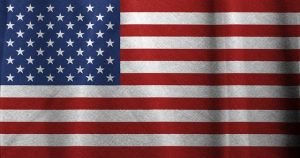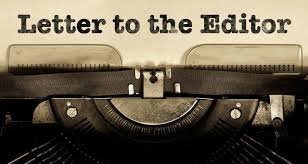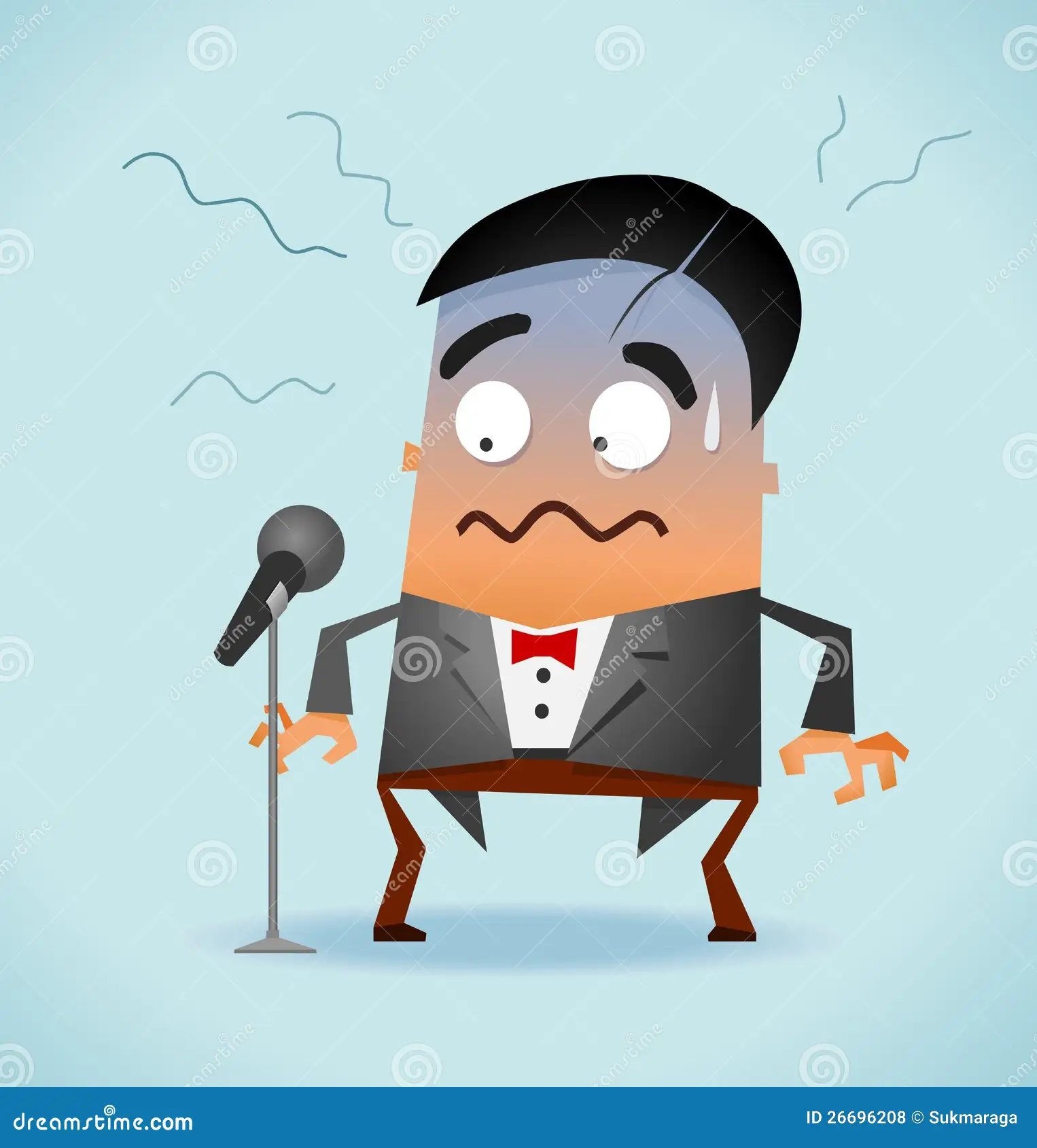Editor,
I am writing in response to Assemblyman Karl Brabenec’s comments in the June 10 issue. I do not know why he believes “every cop is collectively labeled as evil and racist,” as that is not at all the message I have taken from the recent protests or from people I’ve spoken with.
A few may take an extreme position, but what Americans want, it seems to me, is safety and respect for everyone, the public and the police. Police are not condemned for “trying to keep the peace,” but are held to a high standard in terms of their methods. Supporting “all law-enforcement officers” surely cannot mean even those who abuse their authority and are not suited for the profession.
It is not helpful to counter the phrase “Black lives matters” with “Blue lives matter,” because this is not an either/or situation. The tension, suspicion, and fear that exist between police and minority communities have a long history. It seems obvious that it is time to examine police policies and how they are enforced in order to protect both our officers and our communities.
For anyone wondering why the protests over George Floyd’s death have been so pervasive and intense, it might be helpful to check out some sources that give perspectives on the lives of people of color. I can recall many times in my own life when something I read or saw showed me that I needed to expand my understanding of people or situations. These are a few items I have found helpful.
Books: The New Jim Crow by Michelle Alexander; Between the World and Me by Ta-Nishi Coates; Citizen by Claudia Rankine; Films: “13th”( about the effects of the 13th Amendment); “I Am Not Your Negro” (about the writer James Baldwin); and The New York Times special magazine section “The 1619 Project” (https://www.nytimes.com/…/1619-america-slavery.html).
It’s not necessary to agree with all the material in these sources, but I’ve found them a way to broaden my understanding of what being black means in America. The best way of doing that is reading about and listening to those who experience it.
MARY MAKOFSKE







